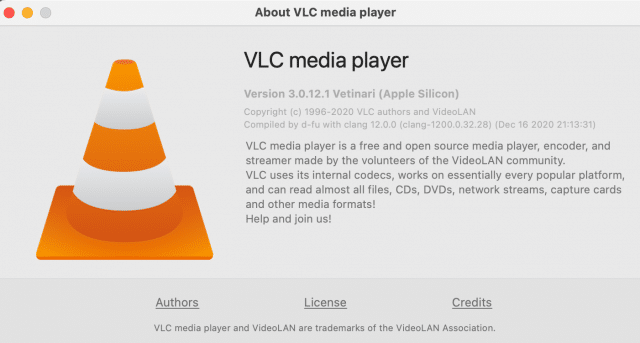VLC for Apple Silicon is here -- download it now for your M1 Mac mini or MacBook

Apple Silicon, better known as the company's own "M1" processor, is a game-changer. The new Mac computers (MacBook Air, MacBook Pro, and Mac mini) powered by this new ARM-based processor have been very well received by critics and consumers alike.
I was personally fascinated by this new CPU, so I recently purchased my own 2020 Mac mini. Guess what, folks? The hype is real. The performance is exceptional while the fan almost never kicks in. It is a silent and powerful computing experience. Not to mention, the new Mac mini is quite affordable, but I digress.
Apple Silicon isn't just brilliant with native software designed for it, but when running emulated x86_64 software via Rosetta 2 as well. It is such a seamless experience, that you often don't even realize when apps aren't native to ARM.
For the best performance, however, we will need developers to compile their apps for Apple Silicon. Microsoft has already done so with Office 365, which is very much appreciated.
Unfortunately, one app that I, and many others, depend on was not yet optimized for Apple's M1 processor -- VLC. While the popular media player app ran fine in emulation, many people -- including me -- have been clamoring for a version of VLC that would be optimized for Apple Silicon.
Thankfully, today, VLC finally gets a true Apple Silicon version. Beginning with VLC 3.0.12.1, it will no longer be emulated through Rosetta 2. If you want to try it for yourself, you can download it here now. The changelog is found here.

If you do run it on an M1 Mac, I ask you to please share your experience with me in the comments below. Specifically, do you notice any difference between this new native version and the previous variant that used Rosetta 2 emulation?
Please note: Some of the above links may be affiliate links, meaning we, or our writers, may receive payment if you purchase one of these items (or other items) after clicking on them.
